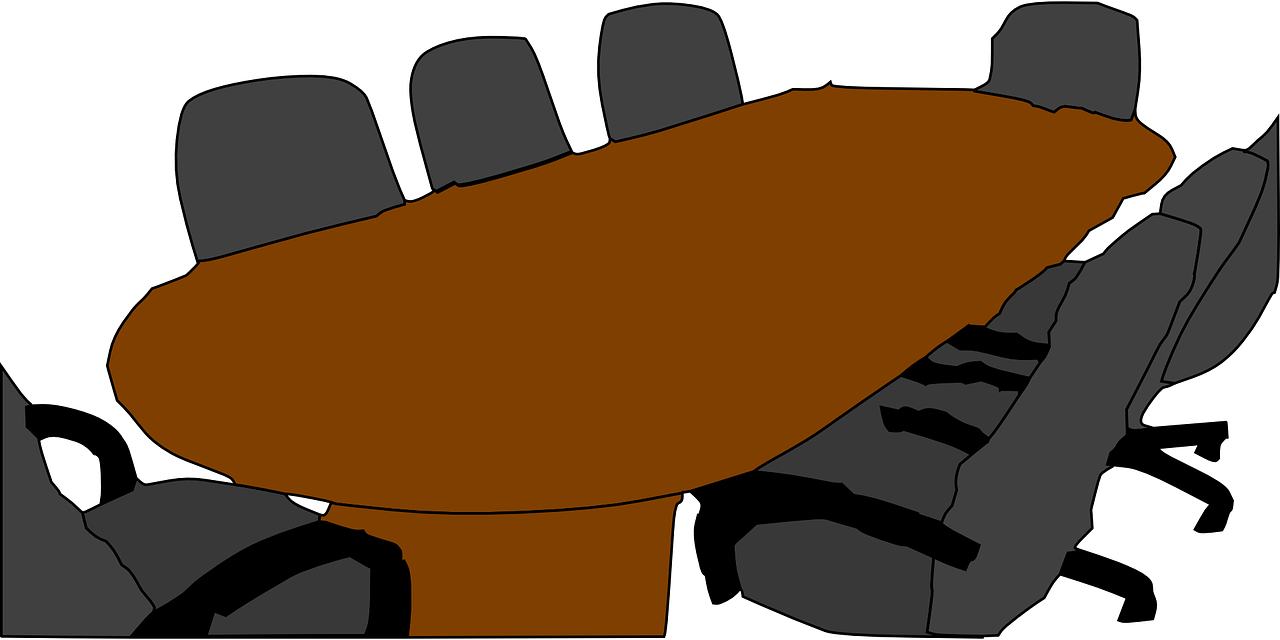Methodologies
PSAf uses a number of innovative communication for development methodologies aimed to empower poor and marginalised communities with information necessary for informed decision-making and knowledge management.

Radio Listening Clubs
An RLC is a group of 25 to 30 community members who marginalized, underprivileged, and/or vulnerable, and come together with a common purpose of gaining knowledge, share ideas and find local solutions or invoke external intervention on socio-economic challenges in their community. Based on a schedule agreed upon with a particular radio station servicing the community, clubs in that geographical area develop content for broadcast and/or listen to tailored radio programmes.
The guiding principle or motto for RLCs is “LISTEN, DISCUSS and ACT”. This implies that the RLC members commit themselves to coming together to listen to radio programmes at scheduled times on a particular day. After listening to the programme they spend time to discuss key issues that formed the core of the programme they have just listened to and examine the relevance and practical use of the information. The clubs are, by design of the concept, expected to act on the information collectively and individually in various ways to better their well-being.
Interactive Radio Programmes
An Interactive Radio Programme (IRP) is a live radio programme involving appearance of an authority on radio on a topical development issue. It provides for audience engagement through phone and other communication channels, and has an advantage of instant two-way engagement between the public and the experts or authorities. This type of programme accords ordinary citizens an opportunity for instant interaction on radio between the two parties with a possibility for conclusive feedback on the issues raised.

Roundtable Discussions/Debates
A Round Table Discussion (RTD) is a forum of stakeholders in a given geographical or thematic area who come together discuss and find possible solutions to issues affecting the community, a country or thematic area. These RTDs are attended by community representatives and other relevant stakeholders that include government at local area level who could be sufficient to respond to the challenges raised in the discussions. The proceedings are also recorded on audio and video. These recordings are transmitted on a broadcasting station with a wider reach so that issues of discussion are known and attended to by national level authorities.

Media Fellowships
Media Fellowships are a special logistical support in the form of cash provided to journalists to produce well-researched, investigative and in-depth stories on a particular subject. This is tied to a meticulous training and selection process which result in the qualifying journalists being supported. Media Fellowships are another way PSAf fosters close work relationships with the media in the delivery of its communication for development work. They enhance the capacity of the media to report on matters critical to development for the ordinary citizens, and enable the media to get to know and understand the subject and have the ability to report in a manner that promotes development in communities, particularly those in underprivileged rural areas.

Policy Briefs
A policy brief is a result of a policy analysis, which seeks to provide insight into a particular policy of interest and propose ways to make it attainable or more responsive to the aspirations of the citizenry. Having good policies is one thing and implementing them properly for the benefit of the public is another. Sometimes policies have failed to adequately respond to people’s expectations due to some inherent weaknesses or the manner in which they are implemented. Therefore policy reviews are necessary to enhance their efficacy in performing their intended purpose.
You can access a PDF version of our publication on PSAf Methodologies below: